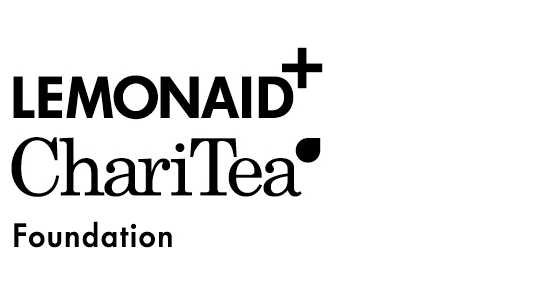We want to use the platform to talk less about us and rather show our solidarity with the Black Lives Matter Movement. The public 25 May killing of George Floyd by white police galvanised mass action and protests.
The past weeks have acted as a catalyst for an urgent re-examination of the legacy of colonial and imperial history. Civil society activists are now intensifying calls against systemic racism and for colonial and imperial history to be unpacked, exposed and confronted. As part of our work for social justice and equity, we want to emphasize the question ‘How much do Black lives matter in the global development sector?’
We believe that structural racism impedes the progress of global development. This means we need to ask the question: What does colonialization have to do with our work?
Our wealth is based on the exploitation of the countries of the Global South.
The answer is simple: we have to face the historical dimension of the crimes committed by European countries, because our wealth is based on the exploitation of countries of the Global South – both in colonial times and today. Because of the developed colonial structures, western countries still have simplified and cheap access to raw materials in the former colonised countries. Furthermore, the exploitation of the local population, in the form of unfair trade agreements and companies that tolerate inhumane working conditions, continues to this day. Slavery has never really been ended: there are more slaves now than in the days of the legal slave trade. 40.3 million people were living in forms of modern slavery in 2016.
Whoever talks about international development must mention colonialism.
Many of the problems we face in our daily work are direct consequences of colonization. Indigenous peoples were almost completely murdered in many parts of the world by European colonial powers, their cultures and languages are being suppressed to this day and their land rights are not recognized. This is clearly evident, for example, in our project country Paraguay, where the indigenous population is fighting for their land, which is being expropriated for the benefit of large agricultural corporations. Moreover, the arbitrarily drawn borders in African countries are still valid today and, together with social hierarchies established by the colonial powers, are reasons for civil wars in countries of the Global South. The genocide in our project country Rwanda is a well-known example of this.
Structural racism can also be seen when looking at numbers. For example, just 2% of international humanitarian assistance goes to national or local organizations. Those organizations are based in the countries and have the most knowledge about the contexts they are operating in.
A critical reflection on the historically grown power structures between the Global North and the South is therefore an absolute prerequisite for not reproducing these structures in the international development sector, because colonialism is also based on the idea of ‘development’ as a legitimizing construct. This leads to a hierarchization of social forms and the idea of ‘underdevelopment’.
With our work in the Foundation we aim to be critical of power. This means that we do not take existing structures, ways of thinking and courses of action, both in the international development sector and in our office, for granted, but critically question them. We actively want to contribute to a world where every person has independent, self-determined and sustainable livelihoods.
Here we were able to learn – and still are learning – from organizations who are actively trying to change the perception of the international development sector and dismantle structural racism within.
We highly recommend everybody to take you time, to reflect and learn from these great voices:
Books:
Bonilla- Silva, Eduardo (2013): Racism Without Racists: Color- Blind Racism and the Persistence of Racial Inequality in America
Eddo- Lodge, Reni (2017): Why I’m no longer talking to White People about Race
Tate, Greg (2003): Everything But the Burden. What White People Are Taking from Black Culture
Oluo, Ijeoma (2018): So You Want to Talk About Race
Online:
Alcott, Washington (n.a.): The underdevelopment of Africa by Europe.
Jayawickrama, Janaka (2018): Humanitarian aid system is a continuation of the colonial project.
Olusoga, David (2015): The roots of European racism lie in the slave trade, colonialism – and Edward Long.
RADI AID- Africa for Norway (2017): How to get more likes on Instagram.
Instagram:
@brownhistory: The Instagram account gives insights into the history of South Asia, including, but not limited to, colonial times.
@nowhitesaviors: The Ugandan collective No White Saviors criticises the development and humanitarian aid sector from an anti-racist perspective and provides education on African history, colonisation, culture and identity.
@okayafrica: The page focuses on the diverse cultural and political landscape in African countries.
@ckyourprivilege: Check your privilege is aiding people on their journey to dismantle their relationship with power, privilege & oppression.
@speakingofracism: Tina Strawn and Jennifer Kinney are educating on the topics of racism and diversity.
Photocredits: Jodi Windvogel 2020



